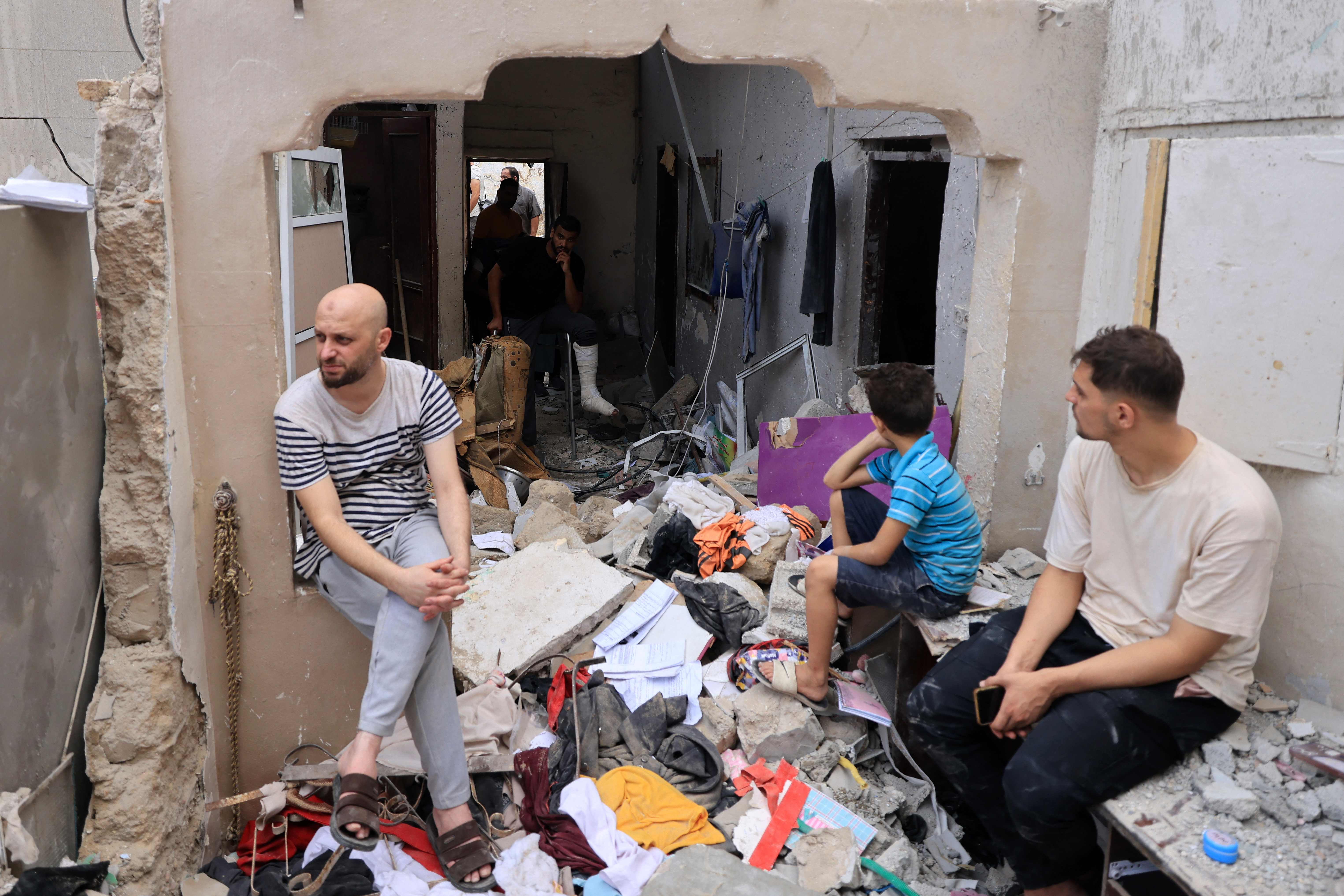The UK cannot afford to be caught off guard by another humanitarian crisis
Even after a long list of wars and conflicts, the UK government has still not developed a coherent approach to how it offers sanctuary in emergency situations when humanitarian crises arise, writes Labour peer Alf Dubs


The experiences of recent years have shown us that, at intervals, the world witnesses terrible events such as wars and persecution that prompt civilians to flee for safety – Syria, Afghanistan, Sudan, Eritrea and Ukraine are just some examples.
Although the overwhelming number of displaced people are given sanctuary in neighbouring countries, each crisis has shown the United Kingdom to be ill prepared to deal with the people who inevitably seek safety elsewhere. Consequently, we’ve been forced to improvise emergency arrangements to deal with the humanitarian consequences as and when they arise.
In Afghanistan, the UK government was caught off guard, with disastrous humanitarian consequences. When war exploded in Ukraine, the Home Office was left with the task of building a visa scheme from scratch, at speed. In both cases, mistakes were made.
When the Taliban took over Afghanistan, people who should have qualified for sanctuary here were left behind facing torture and death. When the war in Ukraine began, the Home Office set up a visa scheme that excluded teenagers who were stranded alone. Only after months of pressure did it rectify its mistake. Elsewhere, political refugees from Hong Kong have been issued with visas, while political refugees from other countries have not. It’s ad hoc. It’s reactive. It costs lives.
Even after a long list of wars and conflicts, the UK government has still not developed a coherent approach to how it offers sanctuary in emergency situations when humanitarian crises arise. Instead, in its efforts to evade both its international and humanitarian responsibilities, the government has, in the words of a recent report by the Refugee Council, “taken a piecemeal and inconsistent approach, with different schemes for different nationalities all with different (and often complex) eligibility criteria and unclear funding regimes”.
And now there is another humanitarian crisis in Israel and Gaza, and once again, we are ill prepared for the possible displacement of people.
While the majority of people in Gaza want to stay in Gaza, and their right to do so should be protected, there may be some limited instances where Palestinians will want to move elsewhere – including to Europe and, possibly, to Britain. Any emergency humanitarian response would be most effective if carried out in cooperation with other European countries.
I suggest there are two important categories of people to whom the UK (and other European countries) should be ready to offer sanctuary immediately: those with urgent medical needs that cannot be met in the region, and those with strong family ties to the UK (or another European country) who are in need of the kind of support only family can give. The same principles should, of course, also apply to Israelis.
In the case of Israel/Gaza, it is very clear that Israelis and Palestinians should be able to choose to stay in the region, and any visa scheme offered by the UK government should only provide emergency humanitarian assistance, in extremis, for those who request it. It should be administered in conjunction with the UN Refugee Agency (UNHCR) and in collaboration with European and global partners, and not be used in any way to pressurise anyone to leave their homes or be used as a way to prevent them from returning home.
Nor should the kind of emergency measures triggered by a crisis, such as is unfolding in the Middle East, replace a proper, fully functioning asylum system. Indeed, emergency measures should work alongside a fair and effective asylum system that manages applications in a timely way, prioritises family reunions and unaccompanied children, and does not discriminate on the basis of the journey taken to the UK.
Events in the Middle East are shocking, heartbreaking, and, I fear, escalating. Many hundreds of thousands of people have already been displaced. If, as seems likely, the conflict worsens, then that displacement will only deepen. The UK and Europe as a whole should, according to the principles I’ve laid out, be ready to take its fair share of the limited number of people who will need to seek safety elsewhere.
Lord Dubs is a refugee campaigner and a Labour peer in the House of Lords



Join our commenting forum
Join thought-provoking conversations, follow other Independent readers and see their replies
0Comments